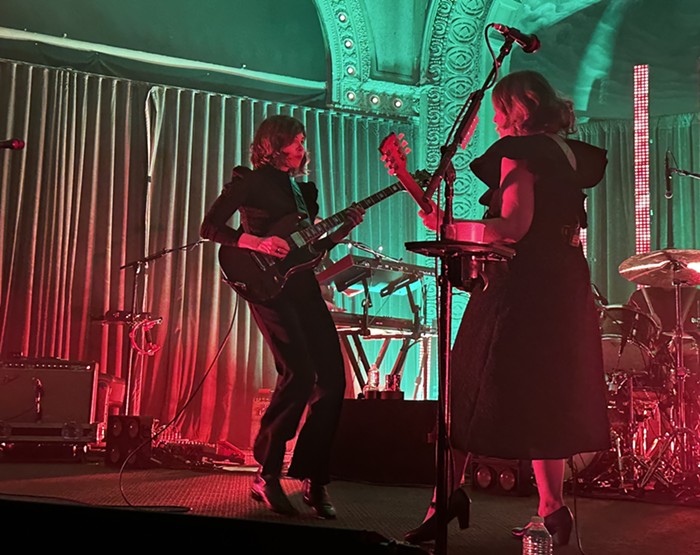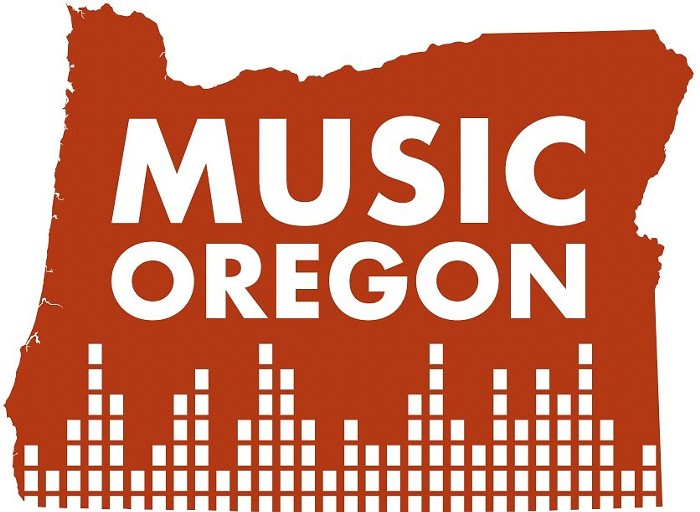NEIL YOUNG has always hovered in and around the works of singer/songwriter John K. Samson. Young grew up in the Canadian city of Winnipeg, Manitoba. Samson did, too, and he’s arguably the current-day artist most closely associated with the city. In 2003, Samson’s old band, the Weakerthans, released an ode to Winnipeg called “One Great City!” (The chorus: “I hate Winnipeg.”)
Both Young and Samson attended Kelvin High School, a quarter-century apart. Unsurprisingly, Samson has been listening to Young’s music for years. “I bought my first electric guitar after watching Dead Man,” he says, referring to Jim Jarmusch’s 1995 western, for which Young composed the soundtrack.
So when Samson was commissioned by Winnipeg’s Contemporary Dancers to record a batch of songs that respond to tracks from Young’s 1974 classic On the Beach, what might have been a daunting project for some wasn’t quite so daunting for this particular songwriter.
“He’s someone I’ve been inspired by and influenced by for most of my life. I feel like he’s kind of always been there,” Samson says in a telephone interview. “I don’t really write like him, I don’t think. But he’s always been an example of a unique voice and a really thoughtful player, so I did find it easier than I thought I would.”
In all, Samson wrote five songs in response to On the Beach that ended up on his new solo album, Winter Wheat. It’s Samson’s second solo effort after a decade in the Weakerthans, an acclaimed four-piece whose combo of crunchy pop-rock and hyper-literate lyrics attracted a moderately sized but fiercely loyal throng of fans.
The Weakerthans released four albums in 11 years, which is a reasonable pace, but Samson says he writes “very, very slowly,” averaging about three completed songs per year. And before he took on the Young project, he hadn’t written much at all for some time. “It felt a bit like [it] pushed some of the bricks out of the dam that I was kind of sitting in. Suddenly, I had this project that I was really excited about,” he says. “I like having these other projects because, frankly, they spur me on to actually get some writing done.”
Several songs on Winter Wheat, in fact, sprouted thanks to sources beyond Samson’s brain. Two were commissioned for films. A few were inspired by books. One is about a very old tree in Winnipeg, and one is about a Soviet spy. One was written for the Canadian writer Miriam Toews, while another cites T.S. Eliot.
Three of the four core Weakerthans play on Winter Wheat, which sounds a bit like a Weakerthans album with the amps turned down. But all of them are instantly identifiable as Samson’s work. They bear his delicate and endearing sense of melody, his familiar, slightly nasal voice, and his sharp eye for storytelling. Samson’s ability to evoke incredible emotion—sadness, joy, nostalgia, frustration, ennui—by using a clever combination of common words is nearly unrivaled among working songwriters.
“So your presentation went terrible. All wrong dongle, sweat stains and stares,” he sings in “Postdoc Blues.” “Leave the TV on with the sound down low, in your underwear. Don’t despair. You’ll get it right tomorrow.”
Samson has tried writing in forms other than song. He says it always comes out fussy and odd and stilted. “My prose doesn’t breathe at all. I’ve tried and tried to be a better prose writer, but I feel like the only time I really feel comfortable as a writer is when I have this container of a song that I can pour everything into and shake it around, I guess,” he says. “I’ve become comfortable with the fact that that’s okay. I’m not a poet. I’m not a novelist. I’ll never be a novelist. I love those forms, but songs are sort of where I belong.”


















